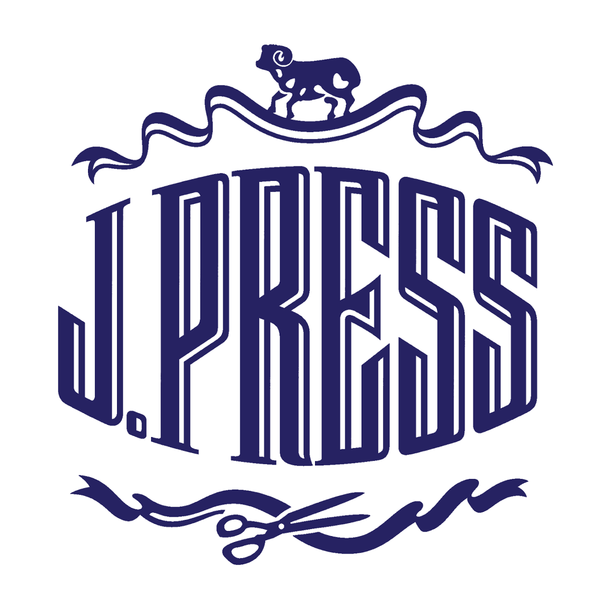During my senior year at Dartmouth in the winter of 1959, there occurred an unlikely Scotch Whiskey joust with Lord Attlee, former Prime Minister of England.

Clement Attlee memorably defeated Prime Minister Winston Churchill in a landslide June, 1945 election taking his place alongside President Harry S. Truman and Soviet Premier Joseph Stalin at the Potsdam Conference. Following his retirement from politics Attlee was elevated to the peerage taking his seat in the House of Lords in 1955.
For reasons unknown, perhaps my perceived joie de vivre, I was selected to be a member of the Welcoming Committee for the Great Issues Class, a senior curriculum subject.
The Great Issues course brought to campus a weekly series of illustrious speakers to educate seniors on pressing national and international issues of the time. Speakers included Robert Frost (class of 1896), former Secretary of State Dean Acheson, Supreme Court Justice Thurgood Marshall, containment strategist George Kennan, NY Governor Nelson Rockefeller (class of 1930), and conservative commentator Bill Buckley.
My assignment on a bleak snowy winter afternoon was to pick up Lord Attlee at the nearby White River Junction, Vermont railroad station where he was expected to arrive from Boston. I was to transport him back to Hanover. The conveyance was my battered 1954 Chevrolet Bel Air, veteran of numerous fraternity road trips to Smith and Skidmore, nicknamed “Sheldon Chevrolet” and always parked in the back lot of my Chi Phi fraternity.
As Lord Attlee arrived at the primitive White River station, he emerged quite alone introducing himself to me as if I were but a hired retainer. Holding a note telling him a student, Richard Press, would meet him when he arrived. I retrieved his two pieces of Louis Vuitton luggage that barely fit in the back trunk along with the proverbial spare tire.
“Mr. Press, my ungodly journey from North Station on an unspeakable turn of the century train car requires me to take whiskey refreshment. Kindly take me to wherever we might find immediate relief. I would most certainly enjoy your company elucidating your own Dartmouth College experience.”
Twenty minutes later we were seated at the cocktail lounge of The Hanover Inn, normally not a student domain. Lord Attlee ordered the lounge attendant, gaped open mouth in apparent trauma, “two double Scotch Whiskeys for each of us.”
Lord Attlee was wearing a three-piece charcoal grey striped herringbone suit that I assumed was tailored on Savile Row. I was draped in my sole Dartmouth suit, a J. Press charcoal grey striped herringbone Huddersfield suit not unlike his.
After our first round Lord Attlee complimented my wardrobe. Three sheets to the wind, I regaled him about J. Press and my family history. Well into the hour and maybe our third round, two faculty members originally delegated to meet him in the hotel lounge were belatedly informed of our presence in the cocktail lounge. They rushed in greeting him and angrily shooing me away. Noting my condition, one of them threatened me dire consequences. Lord Attlee aware of my possible indictment, informed them he enjoyed the pleasure of my company that fed him much Dartmouth information.
He whispered to me, “Mr. Press, these faculty members are rather shabbily attired unlike yourself.” At that moment I was already plastered while he bid me a hearty farewell, himself straight as an arrow. Shortly thereafter as I sat amongst my classmates in 105 Dartmouth Hall to hear his talk. After the fleeting introduction I passed out in my seat only to be awakened during the applause.
RICHARD PRESS


15件のコメント
Such a great story. I think the best professors tend to dress the shabbiest, but there’s probably one somewhere wearing J. Press.
Great story,Dick.
Great story Mr. Press! Greetings from Hanover!
Nice to learn that Atlee had more personality and brio than for which he is generally credited. A beautifully recounted tale, Richard.
So many of us, I’m sure, have so many wonderful memories of being greeted by you on East 44th Street ….
In the most recent installment of THREADING THE NEEDLE, there is an erroneous assumption that poet Robert Frost graduated from Dartmouth College in the Class of 1896. Frost never graduated from college. Any college. He was largely an autodidact. Frost attended Dartmouth in 1892 from September to December and then he dropped out. He said that college life bored him. He was already married and his son Eliot was born in 1896. Frost often advised aspiring poets to avoid college. He was awarded perhaps 40 Honorary Degrees but he never acquired a conventional undergraduate diploma. Perhaps he would have agreed that education is “a conspiracy of dullness and futility,” as Leo Tolstoy said.